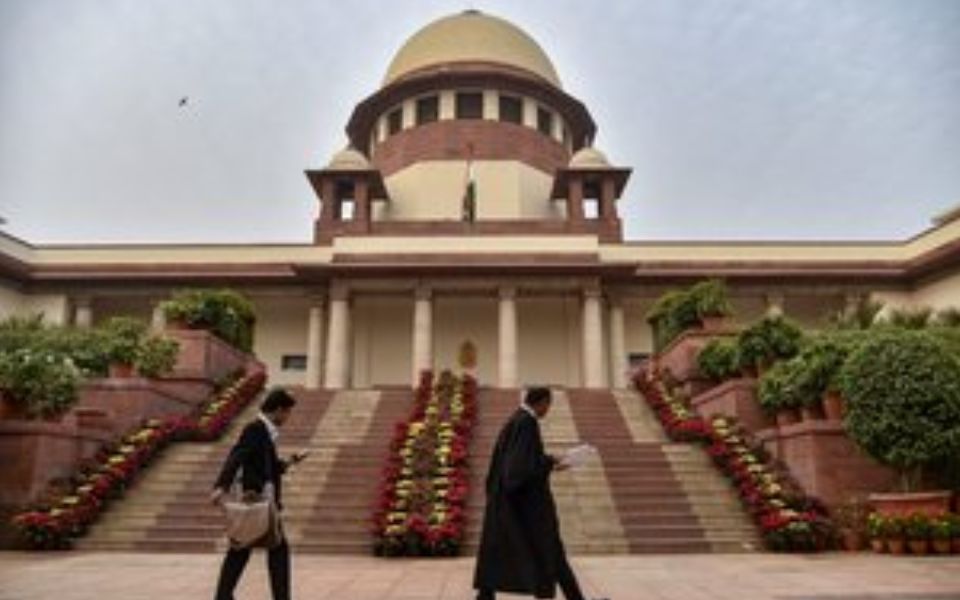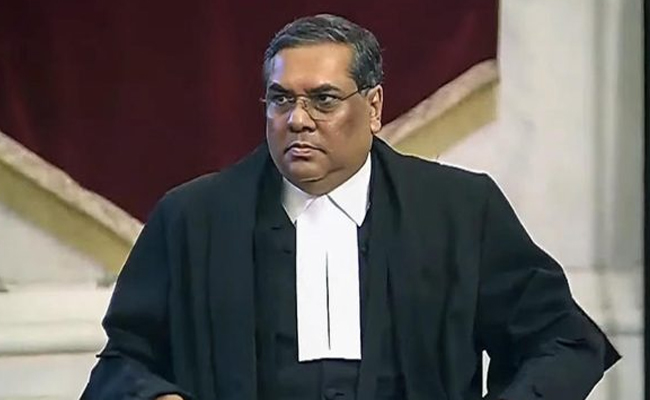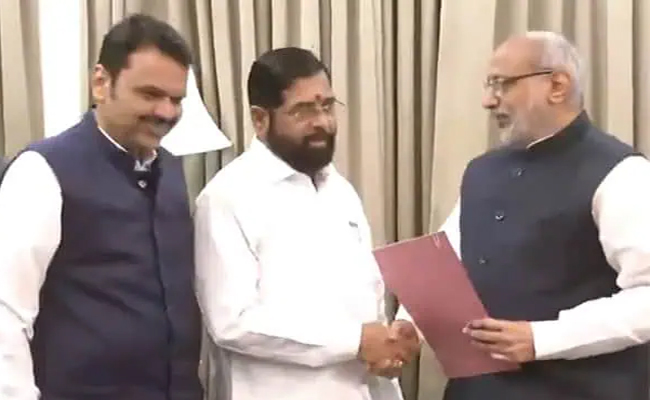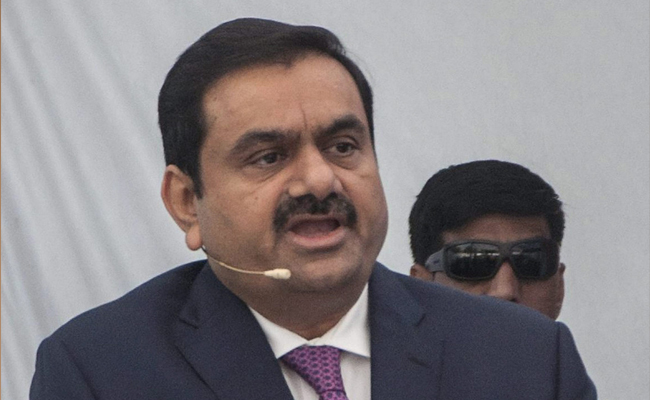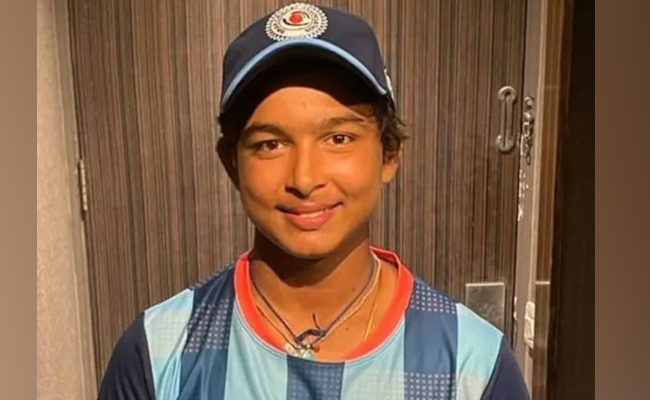New Delhi, Oct 15: The Supreme Court on Monday refused to entertain a plea challenging the power vested in the Jammu and Kashmir Lieutenant Governor (LG) to nominate five members to the Legislative Assembly of the union territory.
A bench of Justices Sanjiv Khanna and Sanjay Kumar asked the petitioner Ravinder Kumar Sharma to approach the high court.
"In cases where we have entertained a petition at the first instance, we find that many things are left out," the bench said as it gave liberty to the petitioner to approach the high court.
In the recently concluded election, Jammu and Kashmir National Conference-Congress alliance got a majority with 48 seats in the 90-member assembly.
The bench said it is not inclined to entertain the petition under Article 32 of the Constitution and clarified that it has not expressed any opinion on the merits of the issue.
Senior advocate Abhishek Singhvi, appearing for the petitioner, said that such nomination could throttle the electoral verdict and it was an issue, which dealt with the basic structure of the Constitution.
"We are three above the majority. The total of all the others is 42. If you nominate five, they become 47 and I become 48. You have to only get one more person…You can easily nullify the elected mandate. The electoral verdict of numbers can be negated…," submitted Singhvi.
Justice Khanna said that the said power of the LG had not been exercised as of now and the petitioner should approach the high court first.
CPI (M) leader Mohammad Yusuf Tarigami, whose party was in alliance with the National Conference and Congress also won the election from Kulgam constituency.
Several other independents and lone Aam Aadmi Party MLA has also extended support to the National Conference-Congress alliance.
Let the Truth be known. If you read VB and like VB, please be a VB Supporter and Help us deliver the Truth to one and all.
New Delhi (PTI): Chief Justice of India Sanjiv Khanna on Tuesday said India has emerged as a vibrant democracy and a geopolitical leader, and the Constitution of the country has helped in this transformation.
India has had a transformative journey from a nation, which under the aftermath and horrors of partition saw widespread illiteracy, poverty, lack of robust democratic system of checks and balances, to one which has now become a self-assured leader, the CJI said.
"But at the back of it is the Constitution of India, which has helped this transformation. It is today a way of life that has to be lived up to," Justice Khanna said, while speaking at the Constitution Day function organised by the Supreme Court Bar Association (SCBA) at the apex court.
Since 2015, November 26 is observed as Constitution Day to commemorate the adoption of the Constitution of India by the Constituent Assembly in 1949. Earlier, the day was observed as Law Day.
Attorney General R Venkataramani, SCBA president and senior advocate Kapil Sibal also addressed the gathering.
In his address, Justice Khanna highlighted the importance and contribution of the Bar and said, "We often refer to the judiciary as persons in robes, that is, the judges, but judiciary equally represents the Bar".
"I cannot visualise the judiciary where the members of the Bar are not a part and parcel of it. You are as much part of the judiciary as the judges," he said.
The CJI said he was a member of the Bar from 1983 to 2005, when he got elevated as a judge, and his tenure as a member of the Bar is longer than his tenure as a judge.
"Judges come from the Bar and go back to the Bar. We belong to the Bar. The better the Bar, the better the judges," he said.
Justice Khanna said the Supreme Court has had a very strong and good legacy and there are decisions right from environmental law, privacy laws, fundamental rights to the basic structure doctrine.
"Many of these decisions, I do not think would have been possible without the contribution and efforts of the member of the Bar," he said.
Justice Khanna said since he has taken over as the CJI, he has made various attempts to look into the issues and problems faced by Bar members.
He referred to the steps taken, including setting up notice boards outside the courtrooms where physical cause list is shown and improving the Wi-Fi services in the top court.
"I have one request to make and I hope it will be taken in the right spirit. I have been repeatedly getting requests for re-circulation of letters of adjournment. I have looked into the data," Justice Khanna said while pointing out that the data showed there were about 9,000 to 10,000 applications or letters for adjournments being circulated every three months.
"So, it is not going to be possible for us to go back to the earlier system. Whatever system we have now adopted, we can, if you come up with some suggestions for improvements, look into it, but going back to the earlier system may be counter-productive," he said.
The CJI said the apex court received about 1,400 applications in the new system in the last 11 months.
"You can see the difference. From 100 applications a day to about 150 applications a month. That's a huge change and let us, therefore, go with the right spirit," he said.
Justice Khanna said today is the day to introspect, to look into and assess the strong points and weaknesses.
"As the Attorney General has rightly pointed out, it is a day when we look at the scorecard. We don't think the scorecard is blank. We have good scores but there are issues which we have to tackle. And let us unifiedly tackle those issues with the members of the Bar and the judiciary both contributing to this...," he said.

